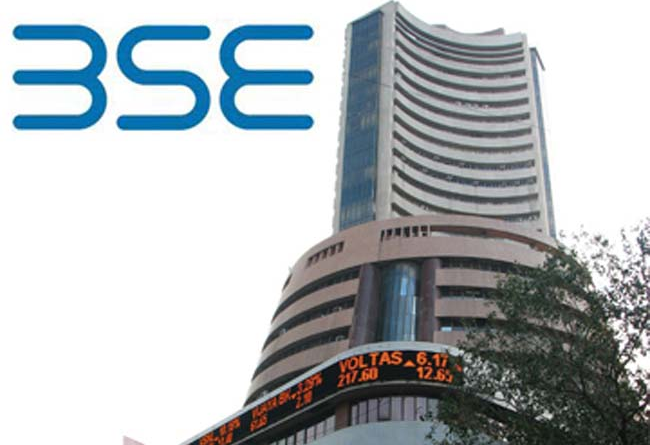Nobody invests in a criminally sullied market
Ebangla Bureau
By SHIVAJI Sarkar
Common investor is the biggest loser in the Indian stock market. The speculative market insiders have created this syndrome since the 1940s. They make some minimum gains, maybe a ploy by the sharks to keep them in good humour but mostly the profits are marketed by big players. Once again this is proved by the SEBI order on the New Year Day to levy fine of Rs 70 crore on Reliance and its players. The company itself was fined Rs 25 crore, its managing director Rs 15 crore and others linked to the criminality Rs 20 crore. Twelve agents, SEBI says, appointed by the company took short positions on its behalf. The deal was simple. The agents had an agreement with the company to buy share prices manipulated through sale of 4.1 percent stake in Reliance Petroleum (RPL), 2.5 crore shares, in cash segment in the last ten minutes of stock market transactions in November 2007, which also lowered the settlement price for RPL merged with RIL in 2009. The RIL sold entire 7.97 crore outstanding positions in the cash segment resulting in pocketing huge profits obviously for the selected buyers. The said profits were transferred to the company by the agents. The SEBI mentions that RIL had entered into manipulative sales of the shares “and cornered 93 percent of the November share deals” and the margin money to agents is also paid by the company and its MD. The Navi Mumbai SEZ and Mumbai SEZ involved in it were levied Rs 20 crore penalty. This reminds of the Harshad Mehta scam in 1992, in the biggest bull-run in India. The machinations manipulated share index to jump from 2000 points in January to 4467 in April, 1992. Bank receipts from public sector banks were utilised to for the scam. Incidentally, the biggest gainer in equity prices was the company now fined by SEBI. In fact, soon after Janakiraman committee and joint parliamentary committee was appointed and as per their recommendations, the regulator SEBI and its related systems were set up. It appears despite all regulations, manipulators find out ways to convolute the market. The adjudicating officer BJ Philip’s comments expose that how carefully the present manipulations were planned at the highest level of the company. It’s virtually a criminal offence and rightfully SEBI says it shakes investor confidence. But it is a mild word. It hits the trustworthiness of the country’s financial system. Everybody avoids crony capitalistic markets. Investor since 2010 is not just the domestic but also short-term and long-term foreign investors. The new infrastructure or manufacturing investment also flows into a country where people have trust in the system. Despite promises and MoUs, India’s actual investment by foreigners is not large and a major reason is manipulative stock market. This market is utilised by investors to recover their investments as well as put in money obviously for gains but that helps the country grow, not mere GDP but the actual growth and developmental process. A sullied behaviour by a large house destroys it. Thus there is a criminality to the entire operations. The issue should now go beyond the financial manipulations to its criminality, which should be probed and the perpetrators must be prosecuted. This is how Harshad Mehta, with 74 charges against him, was jailed and the precedent should be emulated to penalise all those who are associated with such manipulations. The events that Mehta scripted continue to serve as a reminder to both investors and regulators to remain vigilant. It would be proper to investigate the deals of such companies since 2007 so that the big criminals are not only punished but also example is for any devastative player so that no such cheating ever takes place and the country’s reputation is restored. The coming week stock operations, which are likely to touch slow should also be ascribed to them and a larger penalty be realised for setting in place the process of market correction. Image courtesy :Toppr




